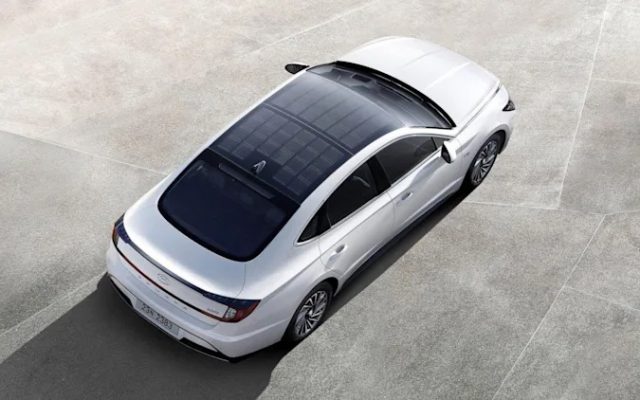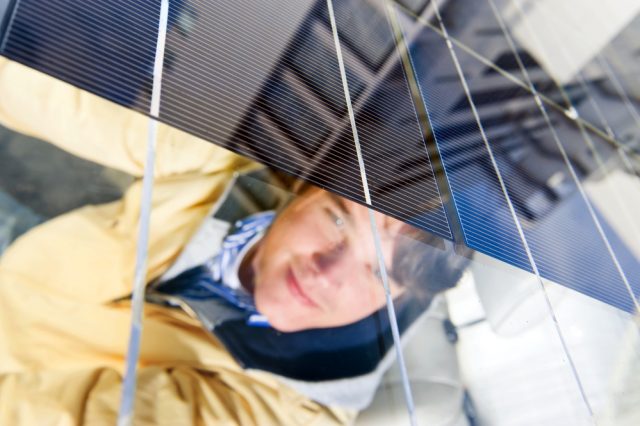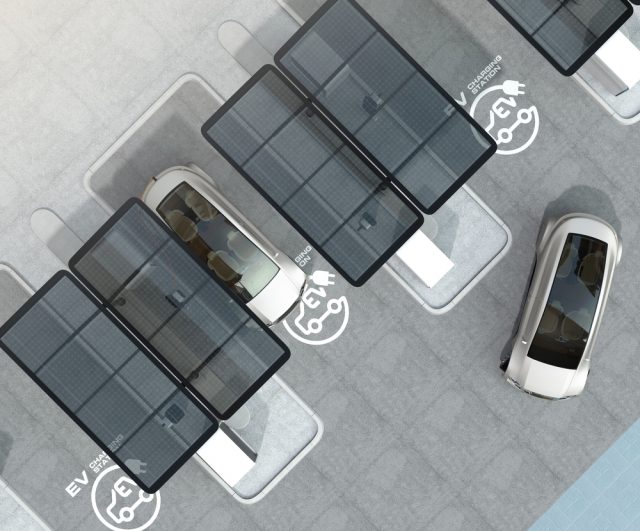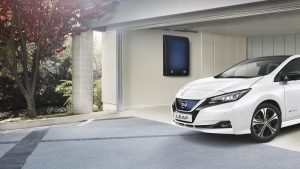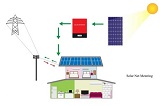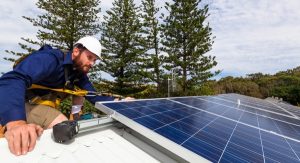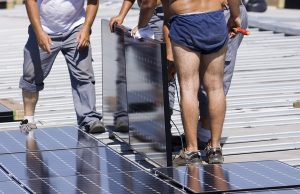You have probably seen solar panels powering everything from homes to hospitals, and perhaps you’ve even thought about investing in renewable energy sources to make your property more sustainable. The idea of establishing independence from utility providers and becoming less reliant on fossil fuels has proven widely appealing among consumers.
Electric cars are becoming an increasingly common sight on today’s roadways, and many automakers have pledged to ramp up their EV production. However, some forward-thinking auto manufacturers already have their sights set on what they predict will be the “next big thing” – solar-powered cars. For example, companies such as LG have debuted prototypes of solar roof panels for cars. LG’s most recent iteration of this technology, a 2021 Intersolar Award finalist, is capable of adding 4.1 km per day to an electric car’s standard range.
Capabilities of Solar-Powered Cars
The prospect of adding solar panels to electric cars has been a hotly debated topic among industry insiders and environmental enthusiasts alike for the past several years. After all, it’s not challenging to understand the allure of a car that can indefinitely supply its own energy needs, all by harnessing the power of the sun. However, the idea has met with a fair amount of criticism – in 2017, Tesla CEO Elon Musk came out against it, saying that a car was “the least efficient place to put solar.”
If someone as famously forward-thinking as Musk – who nearly singlehandedly brought electric cars back into the mainstream – doesn’t believe solar-powered cars are a practical solution, does the idea have any hope of succeeding? Manufacturers like Hyundai, Ford and Nissan have pushed ahead, all introducing concept EV models that incorporate solar tech to some degree. Even Tesla has come around somewhat – newer models of the Cybertruck will reportedly have a solar roof option that will add 15 miles of range per day.
The Challenges of Adding Solar Panels to EVs
While today’s plug-in electric cars are clean, stylish, low-maintenance and capable of traveling a longer distance between charges, most drivers still rely on the pollutant-emitting power grid for electricity. In theory, solar energy represents one potential solution to this challenge, but so far, engineers have yet to devise affordable solar panels that are sufficiently large, powerful or efficient enough to meet all an EV’s energy needs.
The current dilemma around adding solar tech revolves around how much energy it takes to power an electric car, versus how much a solar panel array can reliably produce. A standard electric vehicle lacks sufficient surface area to allow the solar cells to generate enough electricity for most drivers’ needs, especially considering the fact that solar panels are maximally efficient in full sun, and many cars spend the majority of their time parked under shade structures like garages and carports.
One thing remains certain – the first automaker to arrive at a solution that balances affordability, practicality and energy efficiency will give themselves a significant competitive advantage in the marketplace. Boosting “green credentials” is always a wise marketing strategy when environmentally minded consumers are increasingly looking to do business with companies that share their values.


